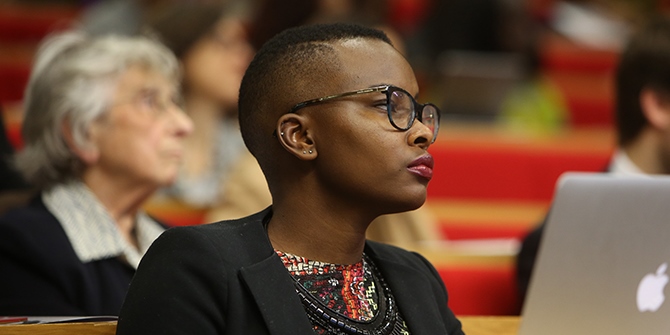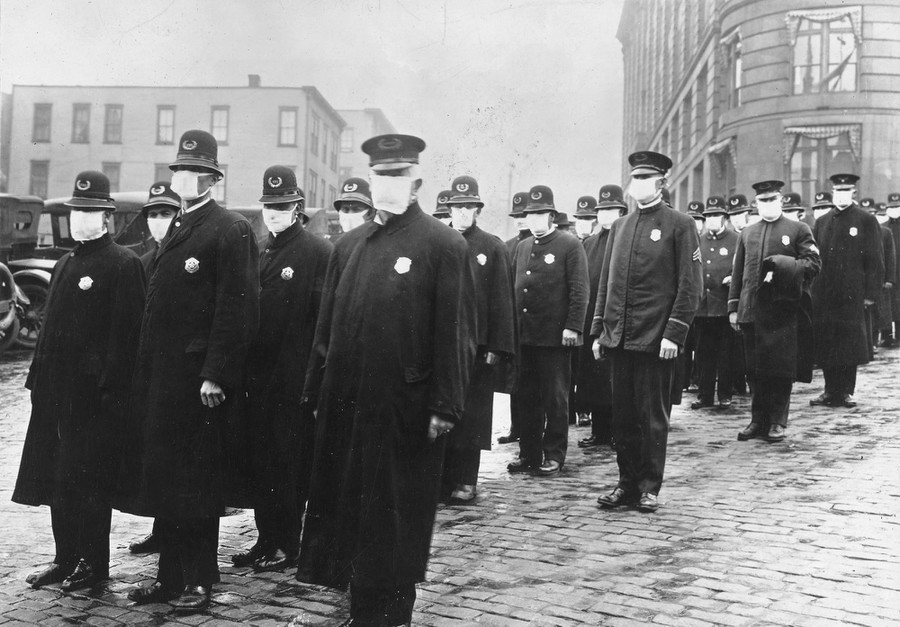By Elena Nicola– @elenatheolive
“You’re too young to be depressed” – a saying I’ve heard far too many times when disclosing my experiences at university to my peers. Depression (or any non-normative health issue), I have come to realise, is not something that can be talked about objectively. It’s an individual experience which has complete relevance to the person who has gone through it. Thus, what this all equals to – is a problem with defining depression as an illness, particularly when considering the undoubtedly horrifying history of how psychiatric patients have been treated, ultimately because of their “diagnoses”.
Here is the problem with calling depression an illness.
Defining what a “mental illness” essentially is, becomes incredibly hard as a sociology student. When you are constantly seeking new ways to expand your thought process, limiting yourself to a single measure of defining somebodies experience becomes hard. At least, for me it is, anyway. Of course, I’m not the first to ponder this dilemma. The field of Sociology concerned with Health and Illness has a lot to say. On one hand, I’m in awe of those who decided to challenge the establishment for the first time, who finally had enough of the norms, the treachery of those in charge, who managed to ruin the lives of so many, just because they acted differently to what was expected. Beyond this, using psychiatry as a way to ensure the further repression of POC and LGBT+ individuals – using “science” spread hatred and discrimination. But it’s definitely not over. Just because society has apparently overall moved on from the times of asylums, aversion therapy and psychology eugenics, does not mean these practices have manifested themselves in other, less obvious ways – to ensure that nobody deviates being “normal”. A being that has compliance, empathy and acceptance to what we are fed – by the media, our education systems, ultimately, the overarching ideology which promotes the ideal of a cis, white, able bodied human. It’s a very complex situation, right? One that is far too diverse and interconnected for me to set out in one blog – but to put it quite simply, a situation that is still very much alive, just more concealed than it was in the days of insulin injections and full frontal lobotomies.
And here is why it’s wrong to treat it is as if it isn’t.
Yet – it may be good and well thinking abstractly about these things – to understand that there are problematic issues with the current hierarchy that allows ideology to prevail – but how does this really do for practically understanding the effects this has on society? An experience with depression is an experience just like any other. It may be shunned away for being “irrational” or “unusual”. But it’s still real. And even more importantly, it’s still being compared against the norm, making it harder for those going through such experiences to get by in life, particularly if they are already structurally oppressed in other ways. As a working class woman, I did not have the time or resources to deal with my experience of depression in an alternative way. I had a university degree to be focus on in an institution that was already pitting classist pressures against me, balancing my student loan with no other financial help, and work to be getting on with, yet despite this, I am aware of my privilege I hold. To even be at university, to have a government loan that allowed me to enjoy myself alongside paying rent and having the ability to have three good meals per day. But even I could not afford to take time off, to recuperate and live my life in a different way whilst studying. If I could not needed to abide by the rules of society in order to make something of myself as so eagerly awaited by my family and friends – how could I take time away from life to focus on myself in an alternative ways? How could we expect those who are working a full time minimum wage job in order to scrape by and feed their children, to have the time and energy to commit to a different form of “treatment” that lies outside of the National Health Service – beyond CBT and counselling. Money, time, connections – a list of endless necessities that some people just do not have – all whilst struggling with an experience that has the potential to take over your whole life.
Two key points arise from this catch 22 for me – 1) We are not as progressive as we believe. Whilst the overtly inhumane practices of “psychiatry” against the “mentally ill” have been phased out – there are different ways in which minority groups suffer. 2) For those minority groups, the working class – those who face structural oppression each day, psychiatry practices may be the only way to survive.
I mean, talk about a vicious cycle.
About the author: Elena has recently graduated from the LSE with a BSc in Sociology, with long term goals of becoming a teacher of social science. Her main research interests lie within the sociology of health and illness, class and media.





